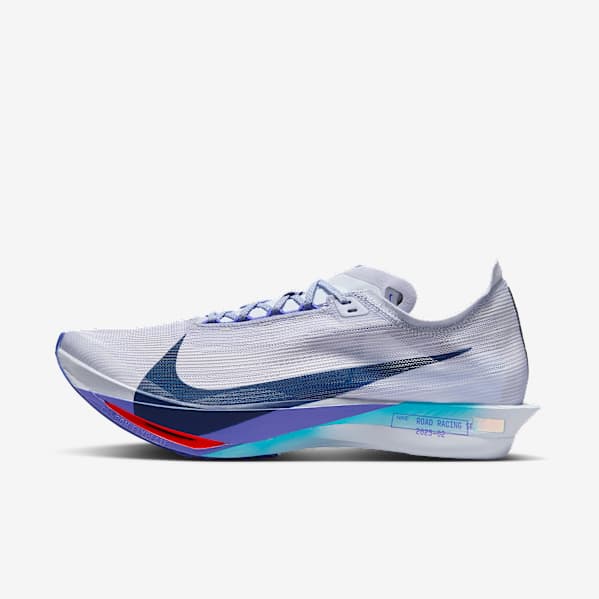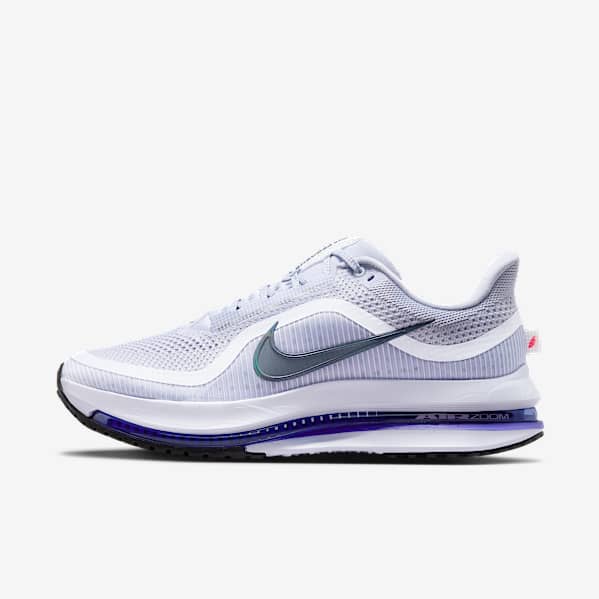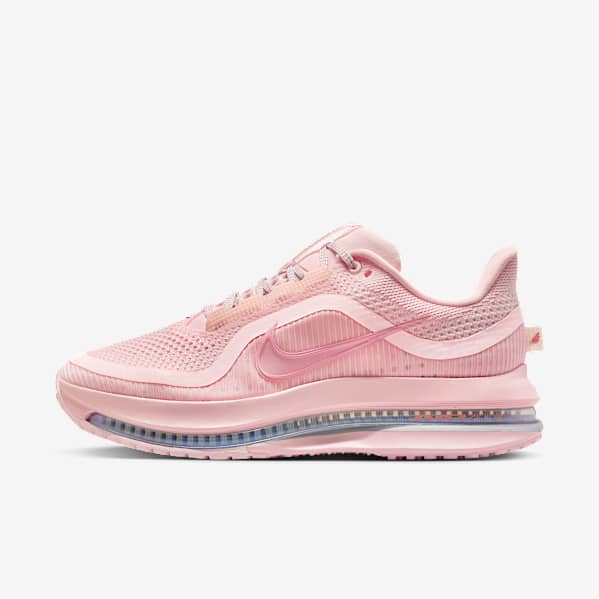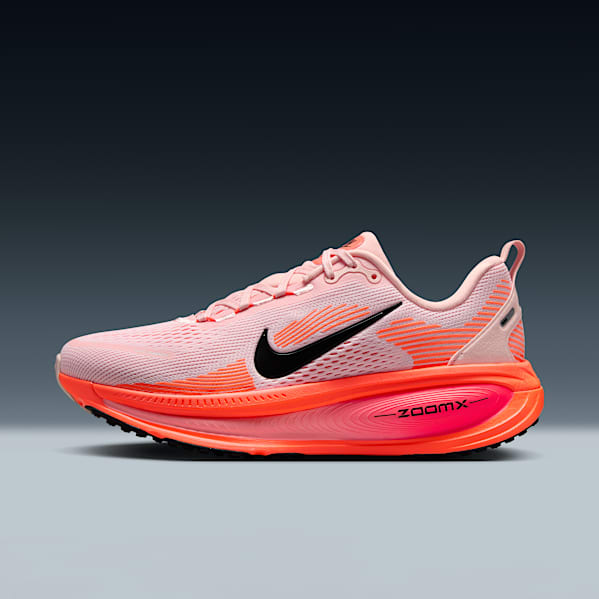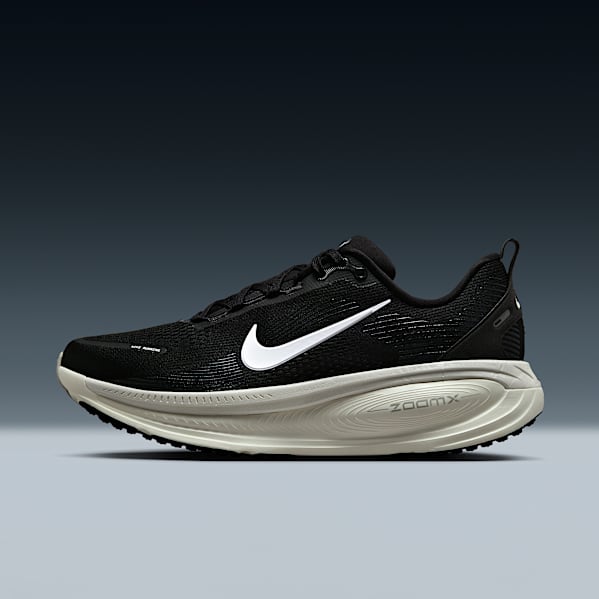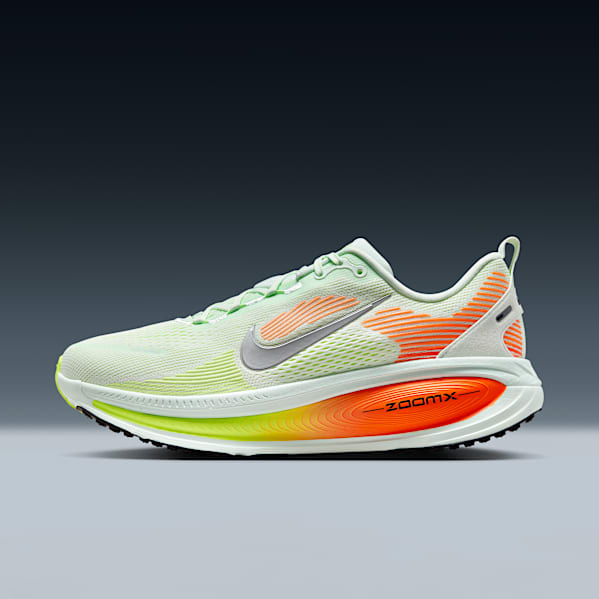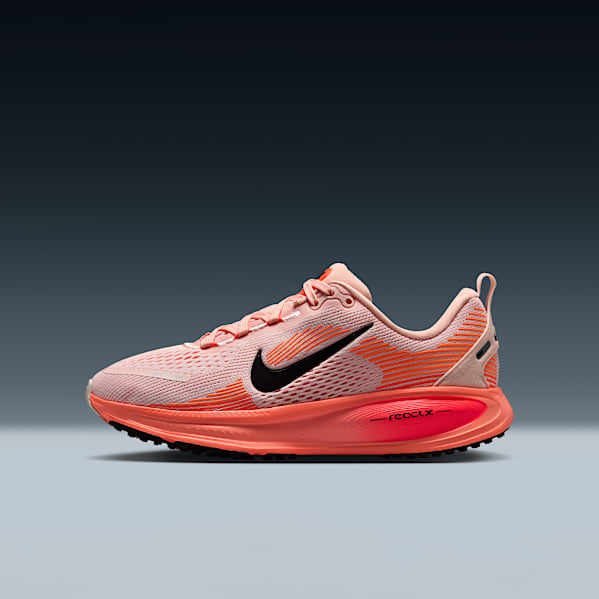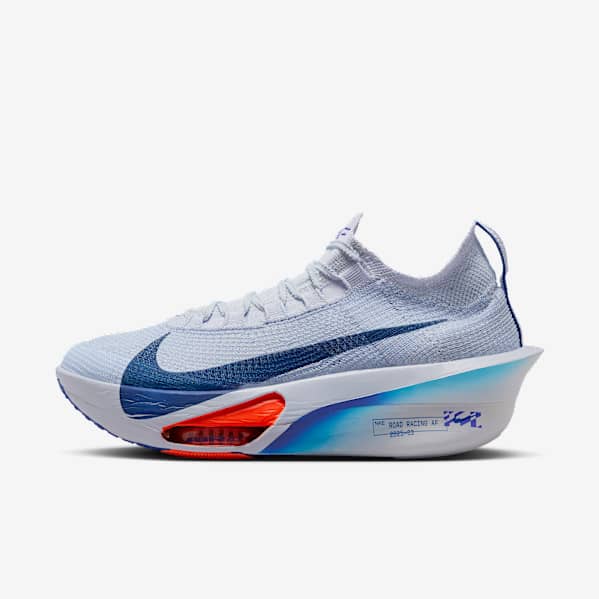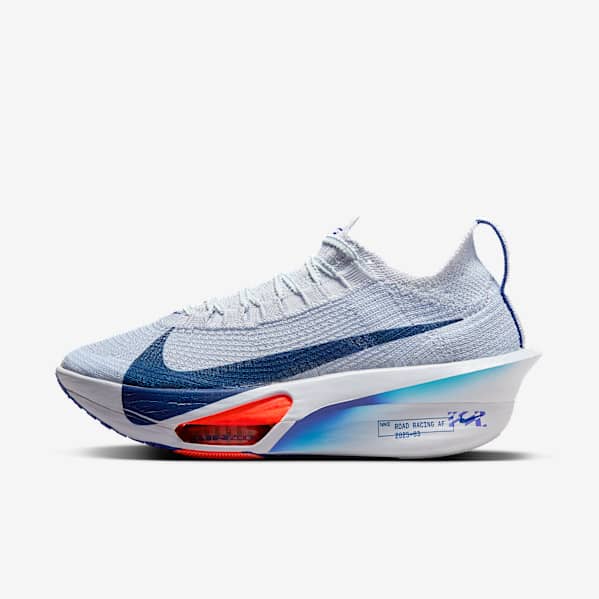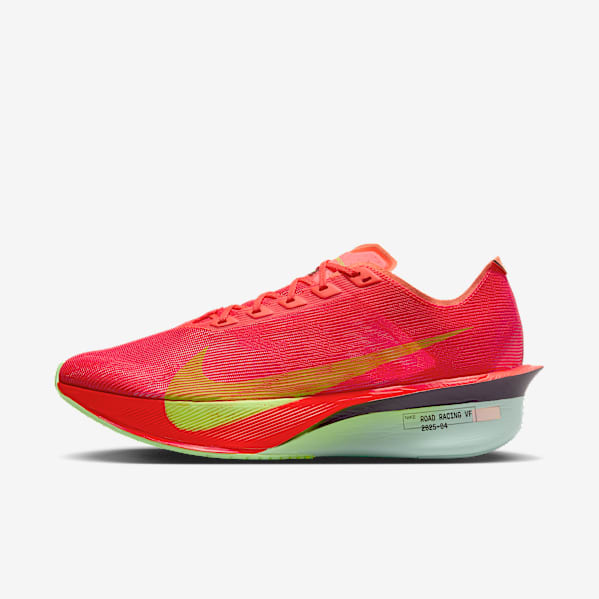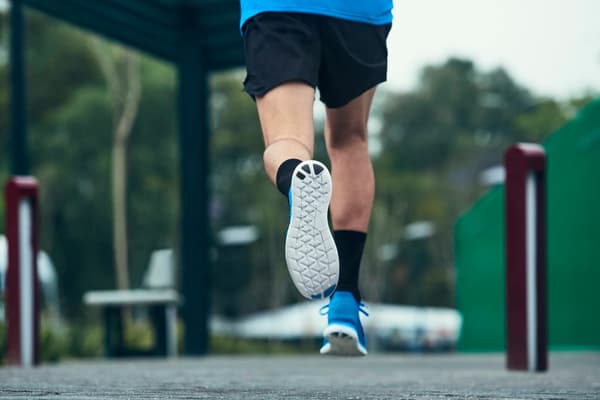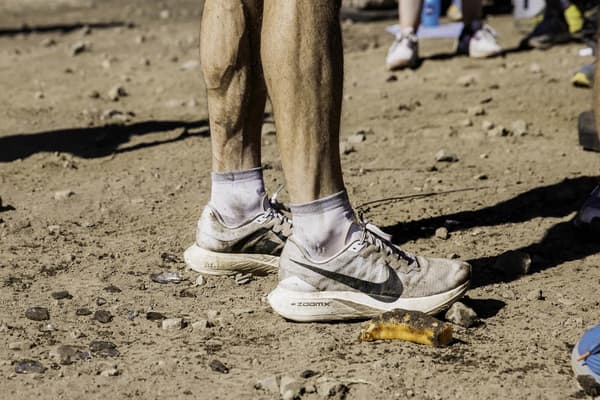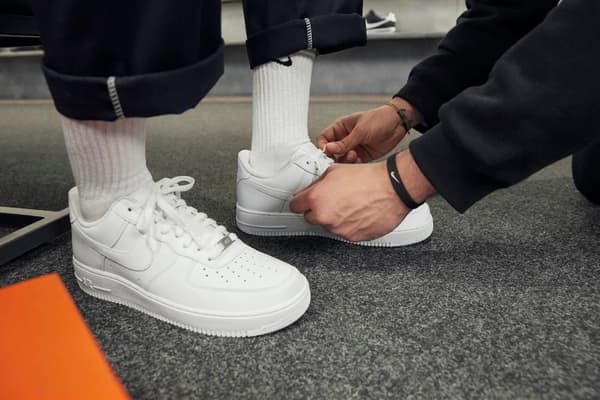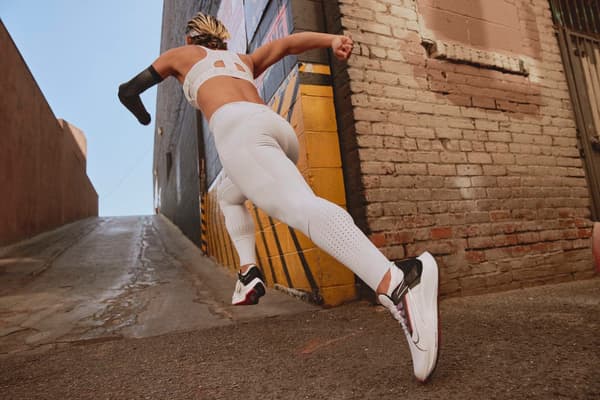Starting on March 11, 3D Secure 2.0 will be introduced for credit card payments. See details here.
How to Select the Right Weight for Running Shoes
Buying Guide
Are lightweight shoes best for you, or do you need more support? There are many perks to finding the right shoe weight. Experts break it down.

It’s easy to overlook shoe weight when selecting a pair of running shoes. Especially when there are fun features like color and responsive foam cushioning (found in Nike Zoom Air shoes) to pull your attention away.
But taking note of the shoes’ weight can be worthwhile. Depending on your running style, body type and preferences, you may find you gel better with a lightweight or heavier running shoe. To get the full scoop, read on to learn what pros have to say about finding the right weight for your running shoes.
What Are Lightweight Running Shoes?
Running shoes typically weigh between 6.5 and 13 ounces. To qualify as “lightweight,” the shoes should clock in at less than 8 ounces, says Nelya Lobkova, DPM, a podiatrist in New York City. Meanwhile, “heavy” shoes generally weigh more than 10.5 ounces.
The weight of a running shoe is influenced by all the shoe components, but “most notably the midsole,” Dr. Lobkova says. In fact, the midsole accounts for up to 75 percent of the weight of a typical running shoe, she says. The midsole is the part of the running shoe attached to the outsole and dictates the cushioning or shock absorption of the shoe.
Any racing or track running shoe will fall under the “lightweight” category. Minimalist running shoes, as well as some trail and road running shoes, are also lightweight.
Should Running Shoes Be Heavy or Light?
Lightweight running shoes aren’t necessarily better than heavier shoes, and vice versa.
“When determining the best weight for a running shoe, a lot of factors come into play. Different types of feet require different types of shoes to stay injury-free,” says Peter F. Lovato, DPM, an avid runner and podiatrist with Northern Illinois Foot & Ankle Specialists.
Here are a few considerations to keep in mind when choosing the right weight for running shoes:
- Type of run. A small study from the University of Colorado Boulder found that we tend to run more slowly when our shoe weight increases by just a few ounces. So, go for lightweight running shoes if you have sprints or a race on the calendar. Training and high-mileage running shoes for long-distance runners should be heavier, as these offer added cushioning and support, Dr. Lovato says. So, think about whether you’ll be focusing on long runs or shorter distances when you’re picking out a pair of new shoes, and be sure to practice wearing racing shoes before the big day to check the fit and feel.
- Foot pain. You may want to avoid lightweight shoes if you have any discomfort or pain in your feet, Dr. Lobkova says. A heavier running shoe will offer the stability you need to keep foot pain at bay.
- Body weight. Runners who weigh 200 pounds or more may feel more comfortable in heavier running shoes and may also face an increased chance of injury in lightweight shoes, Dr. Lobkova says. However, each person’s body is different, so go ahead and experiment to find the shoe weight that feels right for you.
- Arch type. There are three primary arch types: normal (neutral) arches, high arches and flat feet. Runners with neutral or high arches may prefer a neutral running shoe. These tend to be lightweight, as they have less cushioning, Dr. Lovato says. Meanwhile, runners with flat feet tend to do better in a heavier stability shoe. Not sure which arch type you have? Check the wear pattern on the soles of a well-worn pair of running shoes. If your shoes show excessive wear on the inside edge of the soles, chances are you overpronate and have flat feet. If your shoes are worn out on the outside edge of the soles, you likely supinate and have high arches. Neutral arches will show wear in the middle portion of your shoe.
- Preference. At the end of the day, the right weight for your running shoes may come down to personal preference. Lightweight running shoes typically have a more “natural” feel, whereas heavy running shoes offer more stability and durability, Dr. Lobkova says. Note which types feel most comfortable for you.
